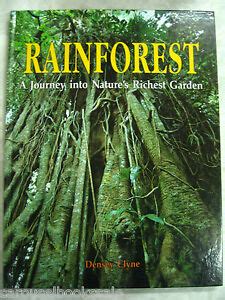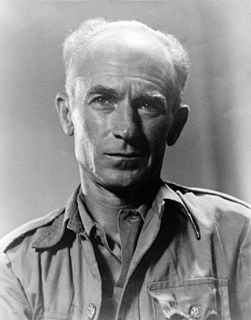A Quote by Kenneth R. Miller
For much of history it was possible to believe that the great diversity of life on Earth was a fixed creation, that the living world had never changed. But when the first stirrings of industry demanded that fuel be dug from the earth and hillsides be leveled for roads and railways, the Earths true past was dug up in abundance.
Related Quotes
For much of history it was possible to believe that the great diversity of life on Earth was a fixed creation, that the living world had never changed. But when the first stirrings of industry demanded that fuel be dug from the earth and hillsides be leveled for roads and railways, the Earth's true past was dug up in abundance.
Humans have changed ecosystems more rapidly and extensively than in any comparable period of time in human history, largely to meet rapidly growing demands for food, fresh water, timber, fiber and fuel. This has resulted in a substantial and largely irreversible loss in the diversity of life on Earth.
The earth is not a mere fragment of dead history, stratum upon stratum like the leaves of a book, to be studied by geologists and antiquaries chiefly, but living poetry like the leaves of a tree, which precede flowers and fruit ~ not a fossil earth, but a living earth; compared with whose great central life all animal and vegetable life is merely parasitic. Its throes will heave our exuviæ from their graves ... You may melt your metals and cast them into the most beautiful moulds you can; they will never excite me like the forms which this molten earth flows out into.
In the history of physics, there have been three great revolutions in thought that first seemed absurd yet proved to be true. The first proposed that the earth, instead of being stationary, was moving around at a great and variable speed in a universe that is much bigger than it appears to our immediate perception. That proposal, I believe, was first made by Aristarchos two millenia ago ... Remarkably enough, the name Aristarchos in Greek means best beginning.
Our characteristic response to the mutilated statue, the bronze dug up from the earth, is revealing. It is not that we prefer time-worn bas-reliefs, or rusted statuettes as such, nor is it the vestiges of death that grip us in them, but those of life. Mutilation is the scar left by the struggle with Time, and a reminder of it - Time which is as much a part of ancient works of art as the material they are made of, and thrusts up through the fissures, from a dark underworld, where all is at once chaos and determinism.
The surface of the earth is not simply a stage on which the thousands of present and past inhabitants played their parts in turn. There are much more intimate relations between the earth and the living organisms which populated it, and it may even be demonstrated that the earth was developed because of them.



































